
14 minute read
Top 1 Best Sexologist in Patna, Bihar India
Understanding Erection and Erectile Dysfunction for Safe Ayurvedic Treatment: Dr. Sunil Dubey
If you are struggling with your married life or personal life due to erectile dysfunction, then this information is really helpful for you. If you want to improve your erectile function, then this article helps you to understand the chemistry of erection and erection problem. Certainly, this information is helpful for all those people who lack sexual knowledge and sexual dysfunction. Erectile dysfunction is a common sexual disorder in which people of any age can struggle with their sexual life due to mild, moderate or chronic erection problems.
Basically, this information is taken from the dissertation of world-renowned Ayurvedacharya Dr. Sunil Dubey. During the press release, he has shared this information for all those who want to know the mechanism of erection and erectile dysfunction. Dr. Dubey is the best sexologist in Patna, Bihar, who has been providing comprehensive, basic and advanced, clinically proven Ayurvedic treatment of every sexual problem. Currently, he is one of top-rated senior sexual healthcare professionals in India, providing individual and couple sexual therapy at Dubey Clinic. Without wasting time, let's come to the point which is extremely important for knowledge, male sexual health and sexual therapy.
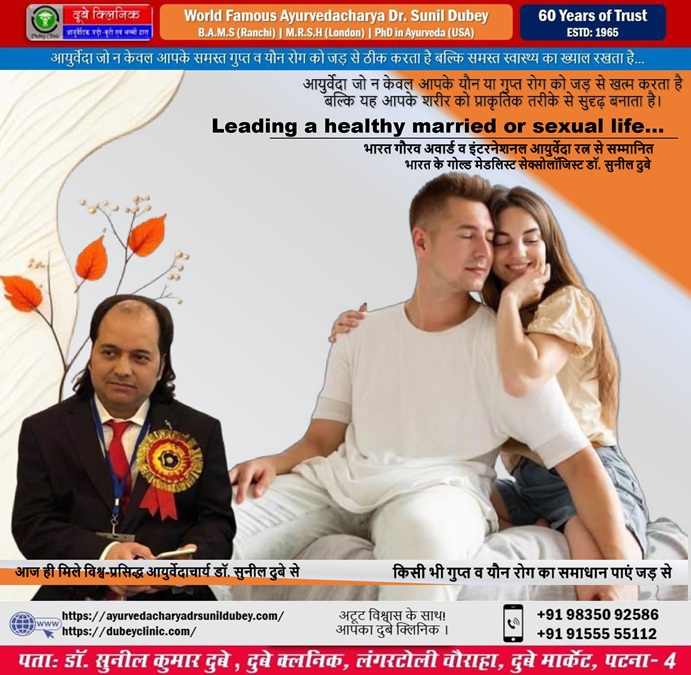
Understanding the chemistry of erection in a man:
Dr. Sunil Dubey says that the chemistry (chemical process) of an erection is a fascinating and complex process that involves a sequence of biochemical signals, primarily centred on a molecule called nitric oxide (NO). It plays a very crucial role in the erection of a person. Here's a description of the key chemical factors and how they interact to create and maintain an erection in a man's sexual life.
· Sexual Arousal: First, sexual arousal in the penile begins with a trigger - sexual stimulation, which can be visual, physical, psychological, desire or passion. This stimulation sends nerve signals from the brain to the penile, activating the parasympathetic nervous system.
· Nitric oxide (NO): As nerve signals cause the emission of nitric oxide (NO) from nerve endings and endothelial cells in the corpus cavernosum, the two sponge-like columns of erectile tissue in the penile. Nitric oxide (NO) is a key player that acts as a powerful signalling molecule. It is diffused into the smooth cells that surround the blood vessels within the penile nerve.
· Cyclic Guanosine Monophosphate (cGMP): This is the important "second messenger" activated during this process. Upon reaching the inside of smooth muscle cells, NO activates an enzyme called guanylate cyclase. The function of guanylate cyclase is to convert a readily available molecule in the cell, guanosine triphosphate (GTP), into cyclic guanosine monophosphate (cGMP).
· Muscle relaxation and blood flow: Now the cascade starts when the Increased cGMP levels trigger a series of events that ultimately lead to relaxation of smooth muscle cells in the arteries and erectile tissue of the penile. This relaxation causes the arteries to widen (vasodilation), allowing a greater flow of blood into the corpora cavernosa. As the erectile tissue fills with blood, it stretches and compresses the veins that normally drain blood from the penile. This compression effectively retains blood, maintaining an erection and causing rigidity in penile.
· Phosphodiesterase type 5 (PDE5): Since it is a natural phenomenon where erection chemicals are activated and after a certain time interval the erection subsides. This is where another key enzyme, phosphodiesterase type 5 (PDE5), comes into play; known as "Off" switch. The main function of PDE5 is to break down cGMP and convert it back to its inactive form cyclic guanosine monophosphate (GMP). It is also known as Degradation of erection. Finally, when cGMP levels fall, the smooth muscle cells shrink, the arteries narrow, and blood cannot flow into the penile. Then the erection goes away in form of loss of erection from a person’s sexual life.

When erection problems arise in a person's sexual life:
Ayurveda and sexology expert Dr. Sunil Dubey says that as we have understood, erection is a complex process that depends on the coordinated work of the brain, nerves, hormones and blood vessels. When any part of this system is disrupted, there may be problems achieving or maintaining an erection, called erectile dysfunction (ED). A person of any age group (18-60) can experience this erectile dysfunction problem in his sexual life. Let's find out how the chemical and psychological processes of erection can be disrupted:
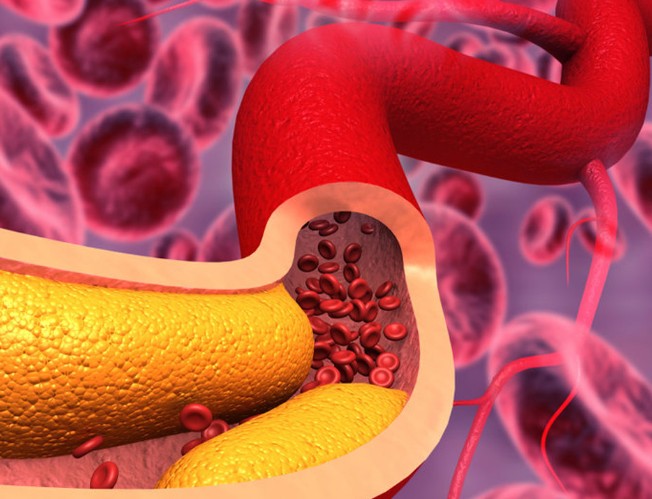
Problems with the vascular system (blood flow):
This is one of the most common physical causes of erectile dysfunction (ED) in a person. For an erection to occur, the blood vessels in the penile must dilate to maintain blood flow, and the veins must constrict to hold back blood. Any condition that affects the health of the blood vessels can interfere with this process. There are some physical or underly medical conditions which create problems with vascular system in body.
· Atherosclerosis: This is the hardening and narrowing of the arteries due to the buildup of plaque. Because the arteries to the penile are much smaller than those that carry blood to the heart, they are often the first to be affected, making erectile dysfunction an early warning sign of heart disease in a person.
· High blood pressure (hypertension): As we know that high blood pressure can damage the lining of blood vessels, making them less flexible and less expandable, which is necessary for an erection.
· Diabetes: Over time, high blood sugar (diabetes) levels can damage both blood vessels and the nerves that control an erection.
· High cholesterol: High cholesterol levels contribute to atherosclerosis, which directly affects blood flow to the penile and pelvic floor area.
· Smoking: Nicotine and other chemicals in tobacco smoke damage blood vessels, reducing their ability to dilate and triggering a cascade of vascular problems. The excess consumption of alcohol is also a factor in this case.
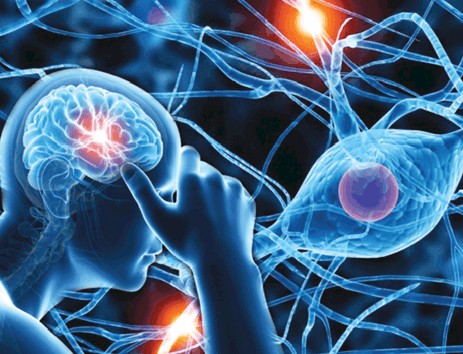
Neurological disturbances:
As we may know, neurological disturbances are a factor that not only impair sexual health but also affect overall health. The brain and nervous system are the "command centres" for erection. Any problem that disrupts nerve signals can stop or impair this process. Let’s learn more about this neurological disorder in detail.
· Nerve damage: An injury to the spinal cord or pelvic region can damage the nerves that send signals to the penile or genital area.
· Neurological disorders: Conditions such as multiple sclerosis (MS), Parkinson’s disease, or stroke can interfere with the brain’s ability to initiate and control arousal in a person's sexual health.
· Diabetic neuropathy: As mentioned, diabetes can cause nerve damage, including to the nerves in the penile and genital organs.
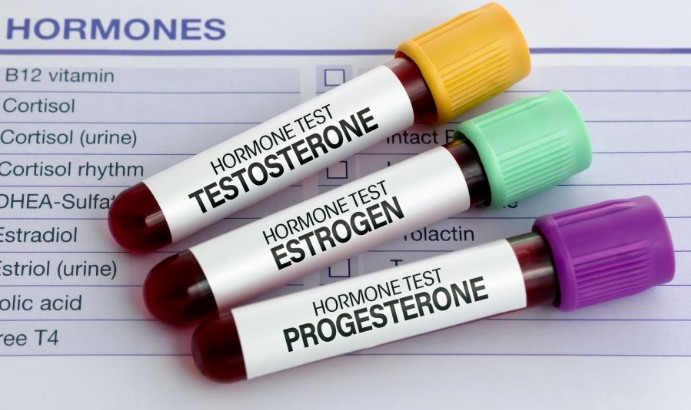
Hormonal imbalances:
Hormones, especially testosterone, play an important role in regulating sexual desire (libido) and function. Hormonal imbalance in a person can cause sexual disorders in form of arousal disorder, ejaculatory disorder, erection problem, etc.
· Low testosterone: Although low testosterone is not the only cause of erectile dysfunction, it can significantly reduce sexual desire, making it more difficult to get aroused and achieve an erection. It is also a cause of mood swings in a person.
· Thyroid or pituitary gland problems: Other hormonal imbalances can also affect sexual function and disturbs sexual health.
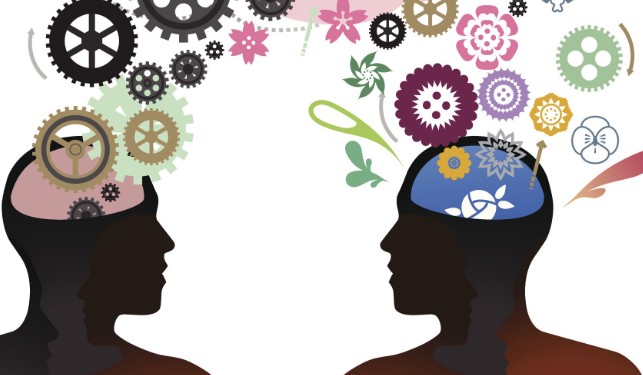
Psychological and emotional factors:
The brain is the most important sexual organ, and psychological factors can be a major cause or factor in erectile dysfunction. These problems can often create a vicious circle in a person's sexual life. Some of the common psychological or emotional factors that are responsible for erectile dysfunction in a man are listed below.
· Stress and anxiety: Stress and anxiety related to work, life, family, hostility, or relationship problems can disrupt the nerve signals that produce arousal in men. These psychological causes are indirectly responsible for erectile dysfunction.
· Performance anxiety: Fear of not being able to perform sexually can become a self-fulfilling prophecy. A man who has experienced erectile dysfunction (ED) once may become so anxious about it happening again that getting an erection the next time becomes difficult or impossible.
· Depression: Depression is a common cause of decreased libido and can directly contribute to erectile dysfunction. Those medications used to treat depression can also cause erectile dysfunction as a side effect in a person.
· Relationship problems: Communication problems, anger, infidelity, or a lack of intimacy with a partner can reduce sexual desire and arousal. In future, it may cause of moderate erectile dysfunction in a man.
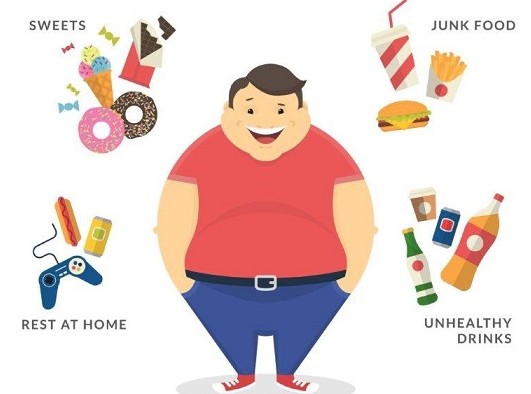
Other factors and lifestyle choices:
Lifestyle always matters for health and it is also linked to sexual life. There are certain lifestyle factors that affect sexual health and well-being listed below.
· Medications: A number of prescription medications can cause erectile dysfunction (impotence) as a side effect, including some antidepressants, blood pressure medications (especially beta-blockers), and some antihistamines.
· Obesity: Being overweight is associated with an increased risk of heart disease, diabetes, and other conditions that can cause erectile dysfunction (ED) in a man.
· Alcohol and drug abuse: Excessive alcohol consumption and illicit drug use can damage blood vessels and depress the central nervous system, making it difficult to get an erection firm.
· Certain surgeries: Surgery or radiation for prostate or bladder cancer can damage nerves and blood vessels in the pelvic area, causing erectile dysfunction and other sexual health concerns.
How does Ayurveda safely cure erectile dysfunction in men?
Our Ayurveda and Sexology specialist Dr. Sunil Dubey who is also the best sexologist in Bihar, India says that Ayurvedic treatment is one of the safest and most reliable medical field that takes the help of nature and its supplements to deal with complete sexual problems. It is a traditional system of medicine of India that takes a holistic approach to health. When it comes to restoring erection, called "Klaibya" or "Dhwajabhanga" in Ayurveda, the focus is on a comprehensive treatment plan that addresses the root cause of the problem, not just the symptoms.
Ayurveda aims to restore balance to the three doshas (vata, pitta and kapha) of the body and rejuvenate the "shukra dhatu", which is the reproductive tissue. This treatment usually involves a combination of herbal remedies, specific ayurvedic formulation, dietary changes, lifestyle changes and sexual therapy. Let us understand Ayurvedic treatment and sexual therapy in detail.
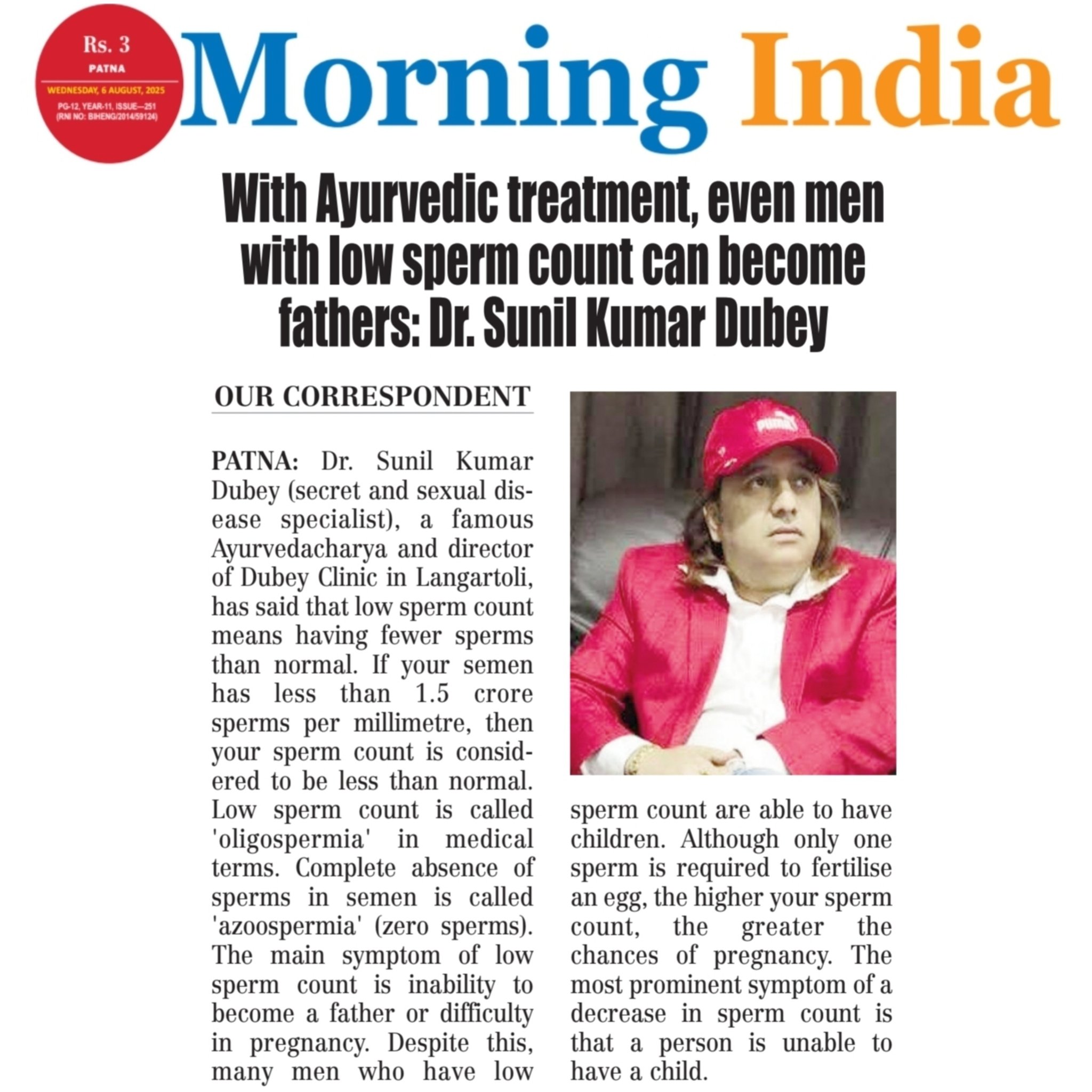
Herbal treatment (Vajikarana therapy):
A major component of Ayurvedic treatment for sexual health is Vajikarana therapy. This branch of Ayurveda is specifically dedicated to improving virility, sexual potency and the quality of reproductive tissues. Various herbal and mineral substances are used in it. Some of the most commonly used herbs are as follows:
· Ashwagandha (Withania somnifera): It is known as an adaptogen, this herbal plant helps the body deal with stress and anxiety, which are common psychological causes of erectile dysfunction. Some research suggests it may also increase testosterone levels and improve sexual desire and satisfaction. It is a scientific proven herbs which is helpful to both men and women sexual health.
· Shilajit: This is a mineral-rich resin found in the Himalayas. It is believed to boost testosterone, increase energy level and improve blood circulation, which is important for getting and maintaining an erection.
· Safed Musli (Chlorophytum borivilianum): It is often referred to as the “natural Viagra,” this herb is believed to be able to increase libido, improve sperm count and enhance overall stamina in a person.
· Gokshura (Tribulus terrestris): This herb is used to improve testosterone levels and blood flow to the pelvic region. It is believed to boost libido and support male reproductive health.
· Shatavari (Asparagus racemosus): Traditionally, it used for female reproductive health, but it is also used in Vajikarana preparations for men to improve their sexual function and stamina by increasing blood circulation.
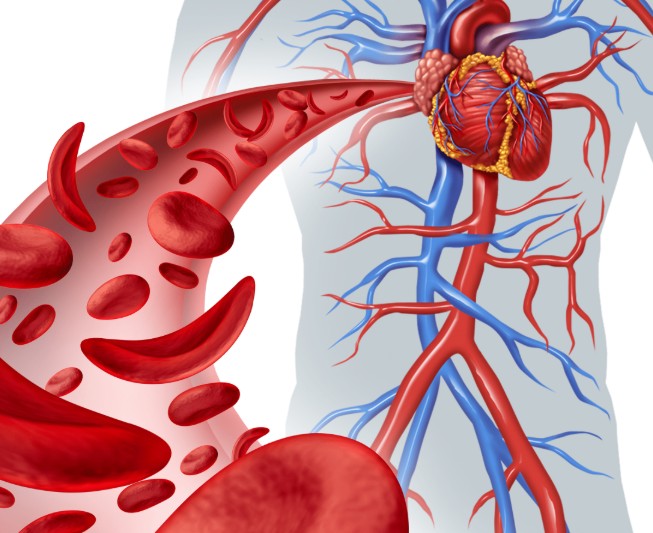
Improving blood circulation:
Like traditional medicine, Ayurveda also believes that adequate blood flow to the penile is essential for erection. Ayurvedic treatments aim to improve blood circulation and promote heart health. It also believes in balancing the principles in body.
· Herbs: Many of the herbs mentioned above, such as ashwagandha and Shilajit, help in vasodilation of blood vessels, thereby increasing blood flow. Some reputed studies have also shown that certain essential oils, such as cinnamon oil, can have a relaxing effect on erectile tissue.
· Therapy: Traditional Ayurvedic therapies such as Abhyanga (therapeutic oil massage) are believed to be helpful in improving overall blood circulation and nourishing the body tissues.
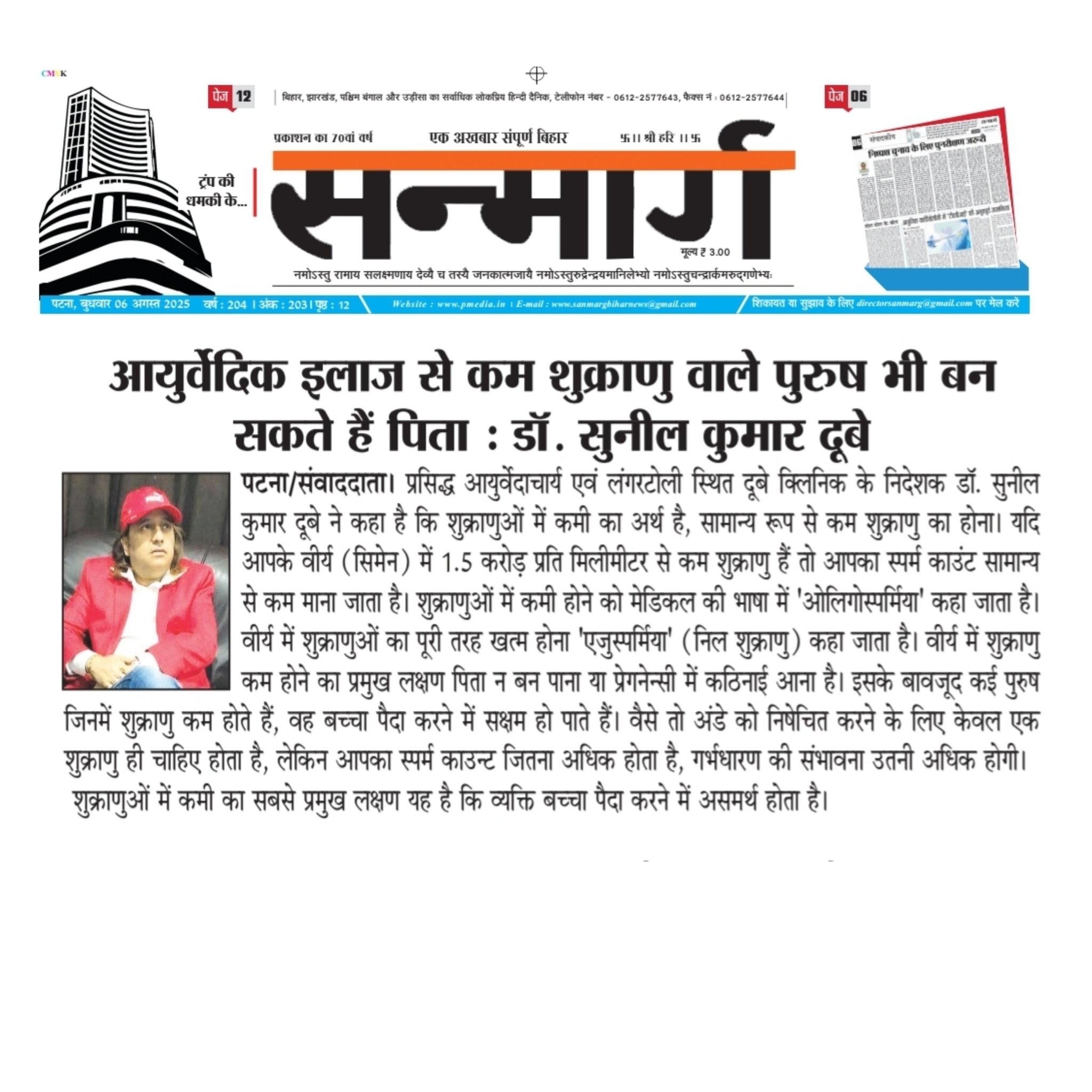
Addressing psychological and stress-related factors:
Ayurveda emphasizes the mind-body connection. Since stress, anxiety, and depression can be major causes of erectile dysfunction, treatment plans often include practices that calm the mind. Ayurvedic treatment focuses on relaxing the body through exercise, yoga, and lifestyle changes.
· Yoga and meditation: Yoga asanas and pranayama are recommended to reduce stress, improve blood circulation in the pelvic region and strengthen the pelvic floor muscles.
· Lifestyle changes: A key principle of Ayurveda is a holistic approach to life. Practitioners may recommend a systematic daily routine, quality sleep and a calm environment to reduce stress and promote overall health.
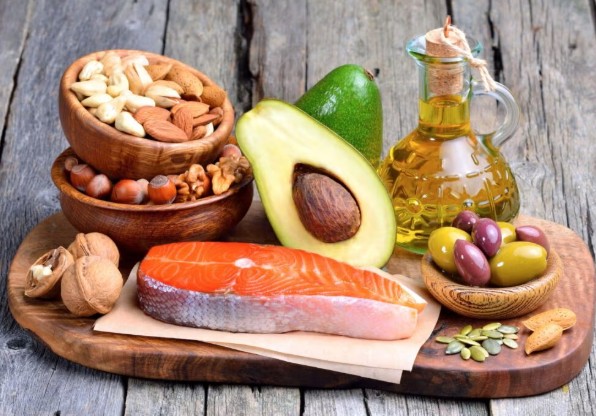
Dietary changes:
Diet plays an important role in Ayurvedic treatment. Ayurvedic practitioners (sexologists) may recommend a diet that is nourishing for the reproductive tissues and avoiding foods that cause an imbalance of the doshas in the body.
· Foods to include: A diet rich in fresh fruits, vegetables, whole grains, nuts and seeds is encouraged. Ghee, milk and spices such as saffron and cinnamon are often recommended for their rejuvenating properties. It is essential to take balanced and health diet in daily life.
· Foods to avoid: Consumption of heavy, oily, spicy and processed foods is discouraged, as these are believed to produce toxins (ama) that can impair bodily functions and disturbs sexual health.

Important considerations for the individual:
Dr. Sunil Dubey says that undoubtedly, Ayurveda presents a holistic approach, it is necessary to adopt it carefully. Those who believe in Ayurveda and its supplements should definitely adopt this medicine. It works slow and shows its result after a certain period of time because it cares for overall health including sexual problems.
· Limited Scientific backing: Although some of the herbs used in Ayurveda have been studied, more research is needed to fully understand their effectiveness and safety. That's why; only expertise and senior ayurvedic sexologists are safe for consultation because they offer quality, experience, safety, and reliability. The good thing of Ayurvedic medication is that it has no any side-effects on body.
· Consultation: People should always consult a qualified and experienced Ayurvedic sexologist before starting any treatment. They can provide a personalized treatment plan based on the person's nature and the specific cause of the condition.
· Overall health: It is also important to remember that erectile dysfunction can be a sign of a serious underlying health condition, such as heart disease or diabetes. A healthcare professional should be consulted to rule out any such conditions before pursuing alternative treatments.
· Patience and consistency during treatment: As we know, Ayurveda focuses on overall health and wellness. During sexual therapy, Ayurvedic treatment takes time to show results; hence, people should be patient during the treatment and medication. Do not stop the medication without any advice of your ayurvedic sexologist doctor because they change or improve the dose of this medicine.
For more info, contact us the following
Dr. Sunil Dubey (Dubey Clinic)
A Certified Ayurveda and Sexology Clinic of India
!!!Helpline or WhatsApp Number: +91 98350-92586!!!
Venue: Dubey Market, Langar Toli, Chauraha, Patna-04
Clinic Timings: 08:00 AM to 08:00 PM (Everyday)
Dubey Clinic: https://dubeyclinic.com/
FB: https://www.facebook.com/DubeyClinicPatna
LinkedIn: https://linkedin.com/in/drsunildubey










